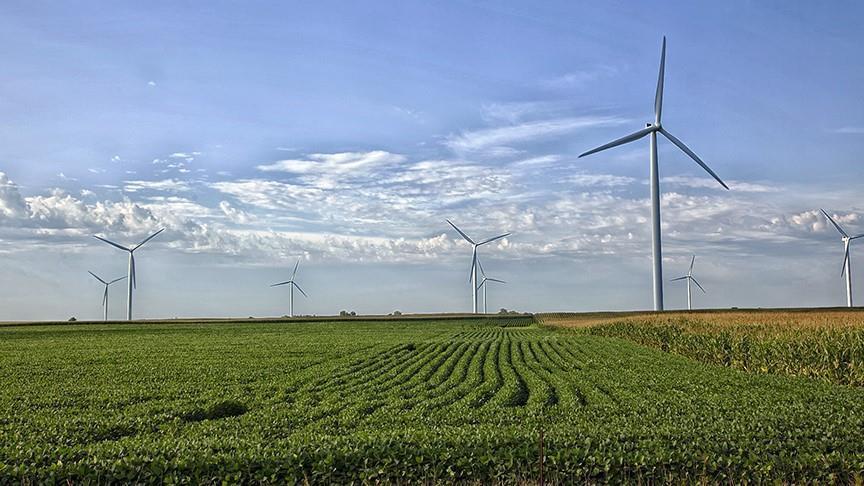The novel coronavirus (COVID-19) pandemic resulted in further interim reductions in greenhouse gas emissions, but its longer-term effect on the environment will depend on government policies, the European Bank for Reconstruction and Development (EBRD) said in a report released on Wednesday.
One of the unintended outcomes of the COVID-19 pandemic, which forced entire countries into lockdown mode, may be extra reductions in greenhouse gas emissions, according to the report titled Regional Economic Prospects in the EBRD Regions - COVID-19: From Shock to Recovery.
The report, which also addressed the question of whether the reduction in greenhouse gas emissions would last, referred to the experience in the 2008-2009 financial crisis and surmised that the fall in emissions was dependent on government policies.
"Then, as now, global greenhouse gas emissions initially dropped. But they quickly rebounded in 2010 and have been rising steadily since, partly because the chance was missed to use the vast amounts of public money to set the world on a green path," the report read.
According to the report, the COVID-19 pandemic showed that transformational changes can happen and have occurred literally overnight.
"But in managing the crisis, governments - while protecting their citizens medically and economically in the short term - must also look to the long term; they should not be seduced into supporting fossil fuel use due to the currently low oil prices," the report urged.
The report said that climate change, biodiversity loss, and financial collapses share some similarities with COVID-19 in that they do not observe national or even physical borders and they can be managed only through collective action that starts long before they become full-blown crises.
Moreover, the report warned that deforestation, biodiversity loss, and climate change make pandemics more likely.
"Likewise, the Intergovernmental Panel on Climate Change warns that global warming will likely accelerate the emergence of new viruses," the report said.
The report said that firms are not likely to change the way they work on their own volition as evidence suggests that firms that face customer pressure to improve their green credentials or that have experienced losses due to extreme weather events are more aware of their impact on the environment and try to reduce their environmental footprint.
"In return for public money, they should commit to reducing their environmental footprints. More broadly, governments should put climate action and resilience at the core of economic stimulus packages and prioritize support towards green firms," the report explained.
"This will ensure that public spending helps address both the current economic crisis and the ongoing climate crisis," the report concluded.
By Firdevs Yuksel
Anadolu Agency
energy@aa.com.tr


